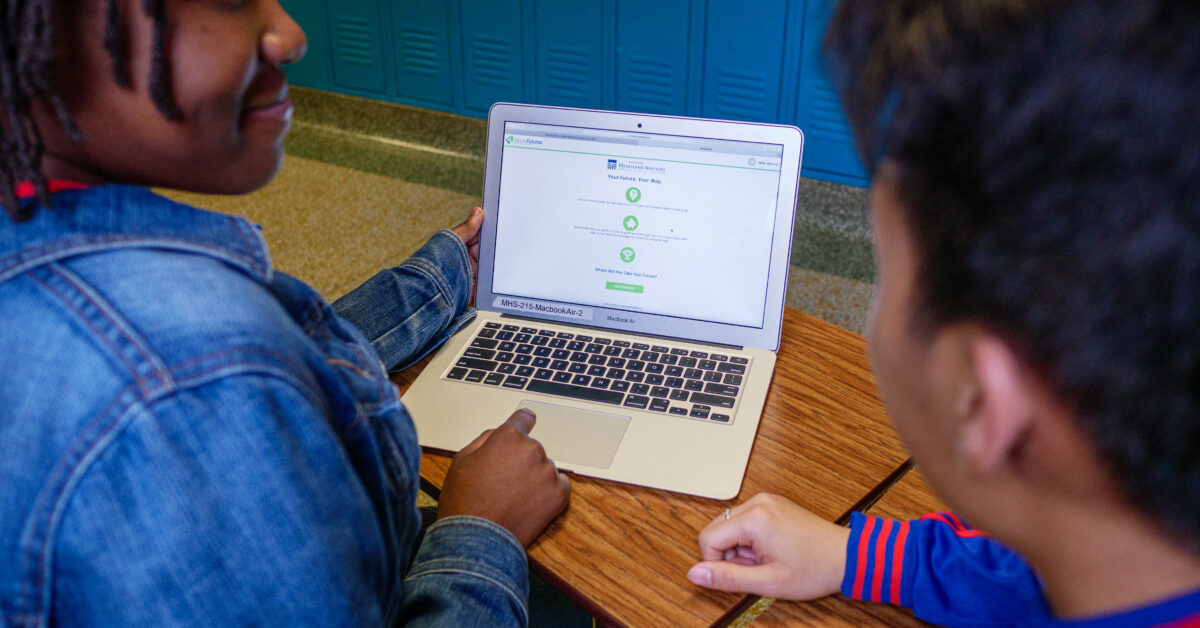Why do educators love Money Path?
May 21, 2021

In January, we announced that Money Path would be going statewide, thanks to support from Heartland Advisors and other sponsors. Over the 2020-2021 school year, around 800 new educators and 40 new schools have been introduced to Money Path. It’s exciting to see this vital tool reaching teens all over Wisconsin.

Cynthia Chin
One of our regions of rapid program growth is the Madison area. Cynthia Chin has been teaching in the mathematics department at Madison East High School since 1991, and continues to find new ways to enhance her students’ education. She learned about Money Path at a workshop through the Wisconsin Department of Financial Institutions, and was immediately enthusiastic about implementing the program at Madison East.
“A single tool that can be used to examine finances at multiple life stages, and to explore multiple paths, is very convenient for teaching and also for students to carry with them beyond high school,” Cynthia said. “Money Path is a flexible tool that adapts to choices that students have already made, and allows them to explore alternatives before making choices.”
Cynthia has seen Money Path have a concrete impact on students’ decision-making process as they weight different college and career options. “Students in my classes have used Money Path to re-examine their career decisions based on learning typical average salaries for certain types of work. They have also used it to gauge the feasibility of attending various colleges by weighing different financial aid offers against post-college debt and expenses,” she said. “They are confronted with the real costs of financial independence and can compare these with various income and debt scenarios.”
Though she has so far been facilitating Money Path herself, she hopes to take advantage of the opportunity to bring SecureFutures volunteers into her classroom in the future. “The incorporation of expertise from the larger community carries great weight with students,” she said.
Cynthia says Money Path helps alleviate the anxiety that students sometimes experience as they look towards the future.
“The Money Path program helps reduce the number of unknowns, and to make the remaining ones a bit more manageable. It motivates students to investigate further, instead of avoiding a potentially anxiety-producing conversation,” she said. “Students learn which questions to ask and how to fit the answers into an overall picture.”
